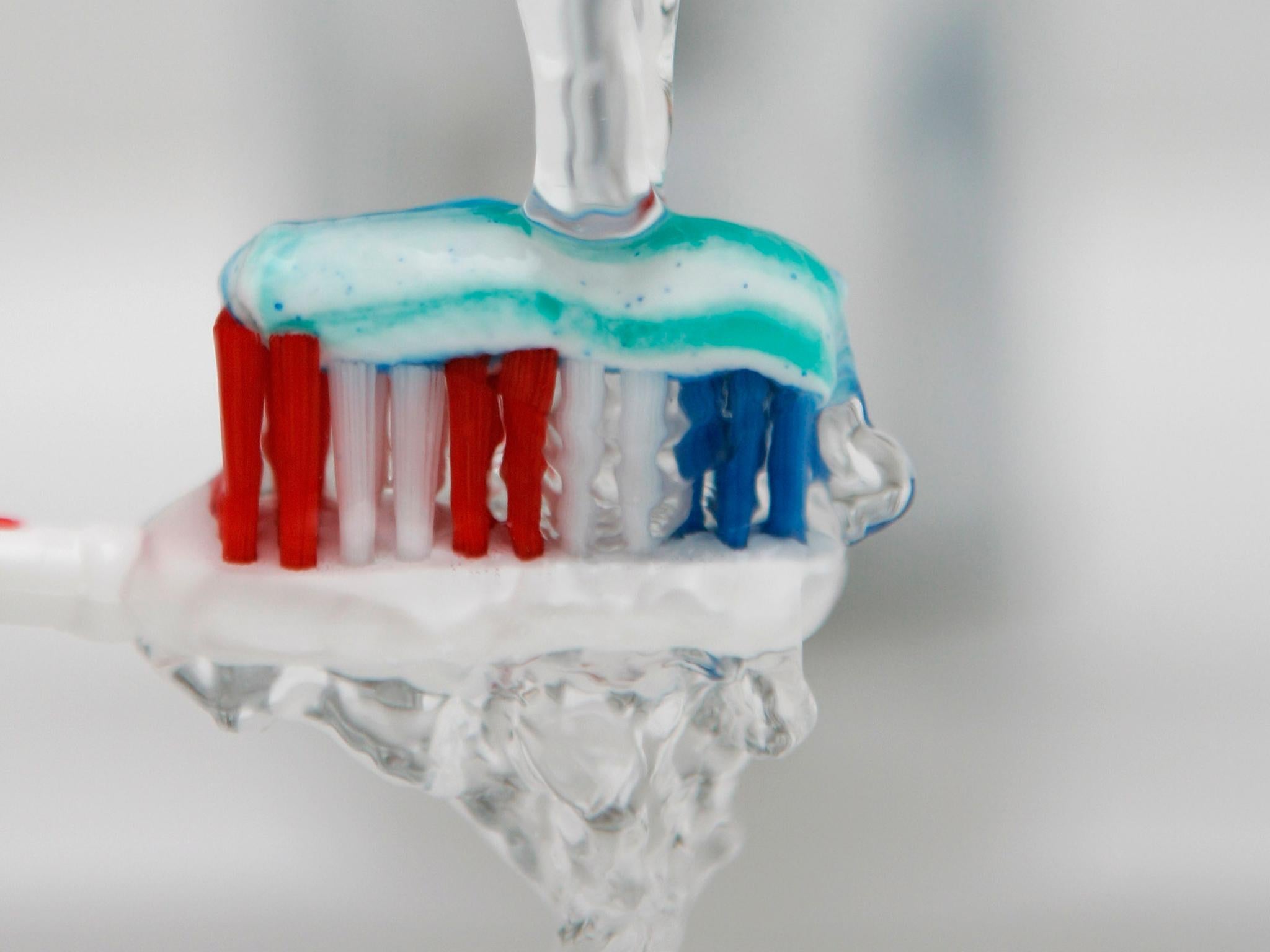Your support helps us to tell the story
From reproductive rights to climate change to Big Tech, The Independent is on the ground when the story is developing. Whether it's investigating the financials of Elon Musk's pro-Trump PAC or producing our latest documentary, 'The A Word', which shines a light on the American women fighting for reproductive rights, we know how important it is to parse out the facts from the messaging.
At such a critical moment in US history, we need reporters on the ground. Your donation allows us to keep sending journalists to speak to both sides of the story.
The Independent is trusted by Americans across the entire political spectrum. And unlike many other quality news outlets, we choose not to lock Americans out of our reporting and analysis with paywalls. We believe quality journalism should be available to everyone, paid for by those who can afford it.
Your support makes all the difference.The Government’s refusal to ban polluting plastic microbeads from cosmetic products is “inadequate”, the leader of the Green Party has said.
In December last year the Barack Obama signed a new law banning the beads completely from products on sale in America – but they remain legal in Britain.
Canada and Sweden have also taken steps towards a ban, but the British Government says the industry will phase out the beads voluntarily
Microbeads are tiny solid plastic balls and can be found in some toothpastes, body scrubs and other cosmetics and give products a “speckled” appearance.
The beads serve an aesthetic purpose but some manufacturers also claim they can help with exfoliation or cleaning.
The solid plastic particles however do not biodegrade and so can cause environmental damage when washed down the drain.
The beads are not filtered out by water treatment plans and it has been suggested that they can carry toxins once they themselves become contaminated.
Aquatic creatures have also been known to mistake the particles for food.
“The government’s plan to work with industry for a voluntary phase-out is simply inadequate,” Bennett said,” Natalie Bennett told the Independent.
“It has acknowledged that these call biological and toxicological harm in the oceans, but is failing to act.
“The United States, with the full backing even of Republicans, has agreed a ban by April 2107. Britain surely can act as quickly, if not quicker.
“The cosmetics industry has acknowledged that alternatives are readily available, but its plan for a phase-out by 2020 is way too slow.”
Ms Bennett was speaking as her party’s spring conference voted to officially adopt a policy in favour of banning microbeads.
Some manufacturers have voluntarily removed microbeads from their products after consumer campaigners but they remain in others.
A new app called Beat the Microbead allows consumers to scan bar codes of cosmetic products to check if they contain the particles.

Join our commenting forum
Join thought-provoking conversations, follow other Independent readers and see their replies
Comments